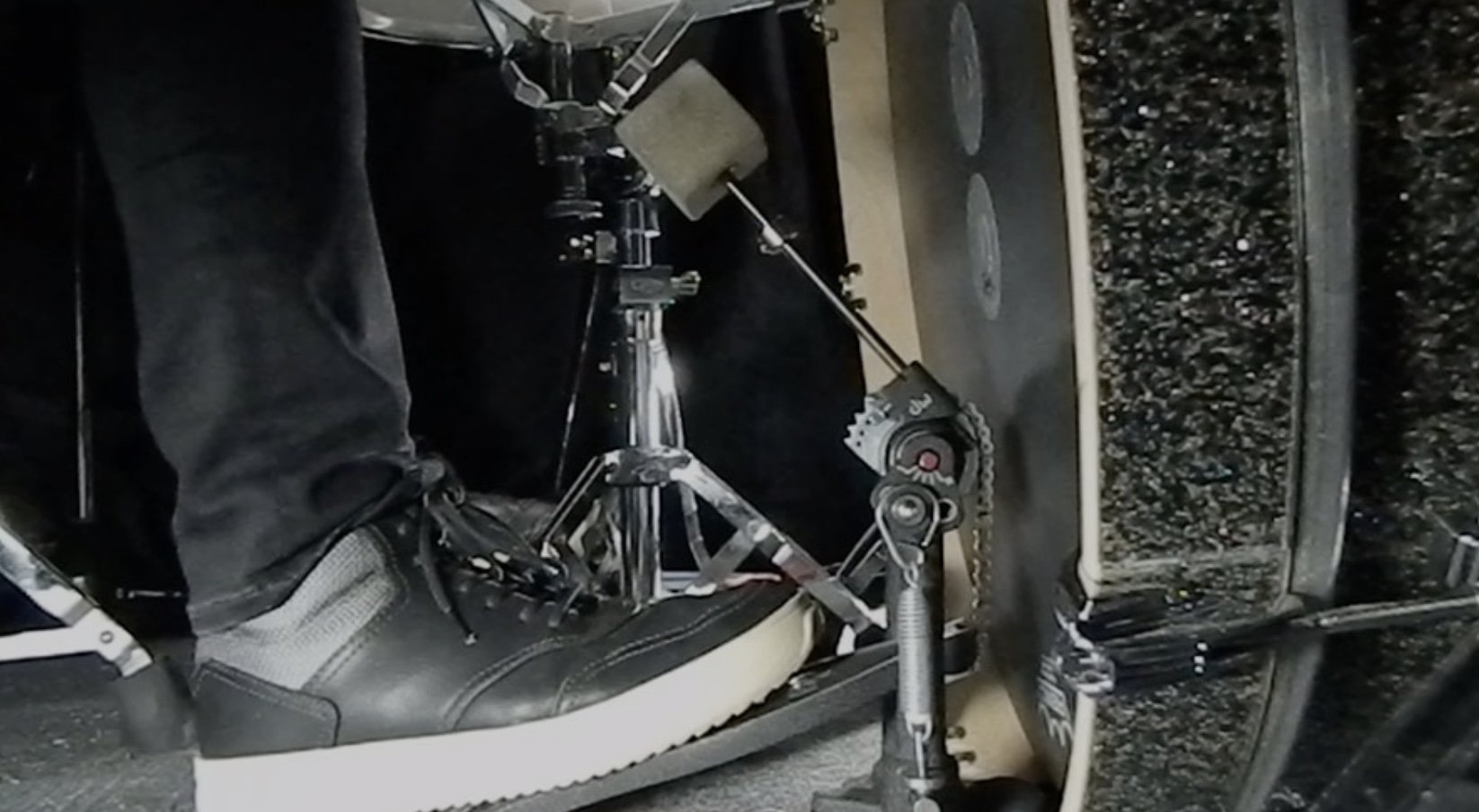Technique & Rudiments
-

Fundamental Technique Foundations:
The Grip - Everything starts here:
· American/German grip: Full palm contact, power-focused, excellent for rock and heavy genres
· French grip: Thumbs on top, fingers doing the work, ideal for finesse and jazz
· Matched grip: The modern standard, versatile across styles
· Traditional grip: Historical jazz/marching grip, offers unique control and flavor
Key Grip Principles:
· Relaxed hands prevent injury and fatigue
· Fingers remain in contact with sticks at all times
· Allow natural rebound while maintaining control
· Pivot point optimization between thumb and index finger
· Wrist acts as the primary driver of motion
Essential Motion Types:
1. Full Stroke
· Complete up-and-down motion
· Maximum control over dynamics
· Foundation for all other strokes
2. Down Stroke
· Ends low near drum head
· Essential for accent patterns
· Controls volume and articulation
3. Upstroke
· Starts low, ends high
· Prepares for following accents
· Critical for speed and control
4. Tap Stroke
· Low to low, minimal height
· Foundation of ghost notes
· Key for dynamic contrast
-

Advanced Hand Techniques:
Push-Pull Technique:
· Maximizes efficiency through controlled rebound
· Essential for speed and endurance
· Reduces strain on wrists and forearms
Moeller Method:
· Whipping motion for power and speed
· Three height levels: full, down, tap
· Enables complex accent patterns
· Reduces fatigue in extended playing
Finger Control:
· Inner finger control for speed
· Outer finger control for power
· Finger independence exercises
· Integration with larger muscle groups
-

Essential Rudiments:
1. Single Strokes
· Foundation of all drumming
· Speed development
· Control at all dynamics
· Essential for fills and solos
2. Double Strokes
· Roll foundation
· Speed and endurance building
· Dynamic control challenges
3. Paradiddles (RLRR LRLL)
· Combines singles and doubles
· Hand independence development
· Groove and fill applications
· Sticking pattern foundation
4. Flams
· Grace note mastery
· Dynamic contrast
· Orchestration tools
· Groove enhancement
5. Drags
· Multiple grace notes
· Fine motor control
· Musical expression tool
· Advanced dynamic control
-

Advanced Rudiment Applications:
Linear Playing:
· No simultaneous strikes
· Clean articulation focus
· Modern funk and fusion essential
· Complex pattern development
Hybrid Rudiments:
· Combining standard rudiments
· Creating unique voices
· Modern drumming vocabulary
· Solo development tools
-

Foot Technique Essentials:
Heel-Down:
· Maximum control
· Ideal for jazz and low volume
· Precise articulation
· Better for slower tempos
Heel-Up:
· More power available
· Better speed potential
· Standard for rock/metal
· Enhanced dynamic range
Slide Technique:
· Essential for double bass
· Efficiency in fast patterns
· Reduced fatigue
· Complex foot patterns
-

Integration and Practice Approaches:
1. Isolation Practice
· Single rudiment focus
· Speed building
· Clean execution priority
· Dynamic control development
2. Combination Practice
· Mixing rudiments
· Musical context application
· Creative development
· Pattern orchestration
3. Four-Way Coordination
· Including feet in patterns
· Independence development
· Complex groove creation
· Solo vocabulary building
-

Practice Methodology:
1. Slow-to-Fast
· Begin at comfortable tempo
· Increase by small increments
· Maintain clean execution
· Use metronome always
2. Dynamics Focus
· Practice at all volumes
· Control at extreme dynamics
· Smooth dynamic transitions
· Musical application focus
3. Endurance Building
· Long-form exercises
· Stamina development
· Mental focus training
· Real-world preparation
This foundation in technique and rudiments is absolutely crucial because it:
· Prevents injury through proper form
· Enables musical expression
· Builds speed and control
· Creates dynamic awareness
· Develops independence
· Enables stylistic versatility
· Builds endurance
· Creates vocabulary for soloing
· Enables efficient practice
· Prepares for professional demands

